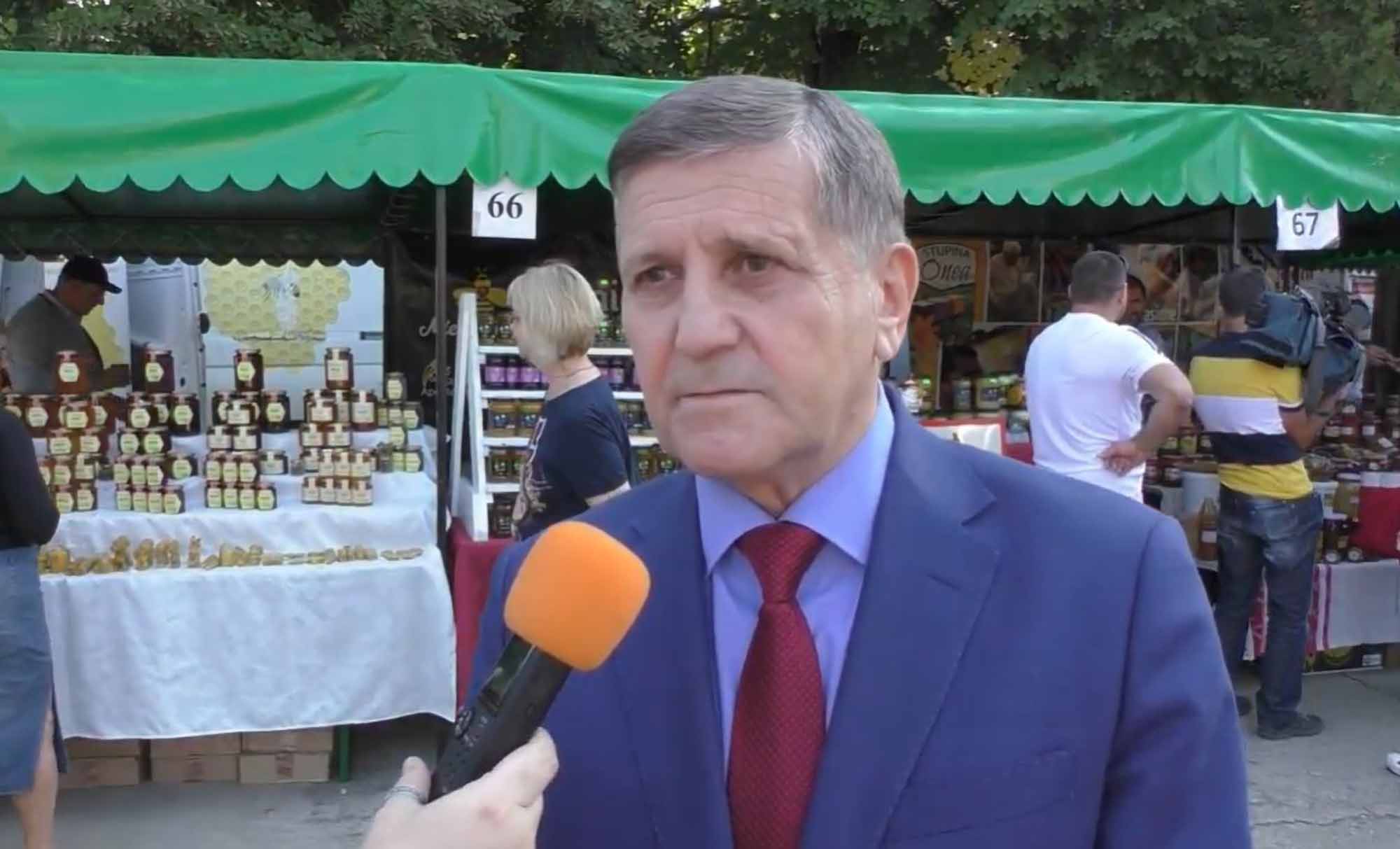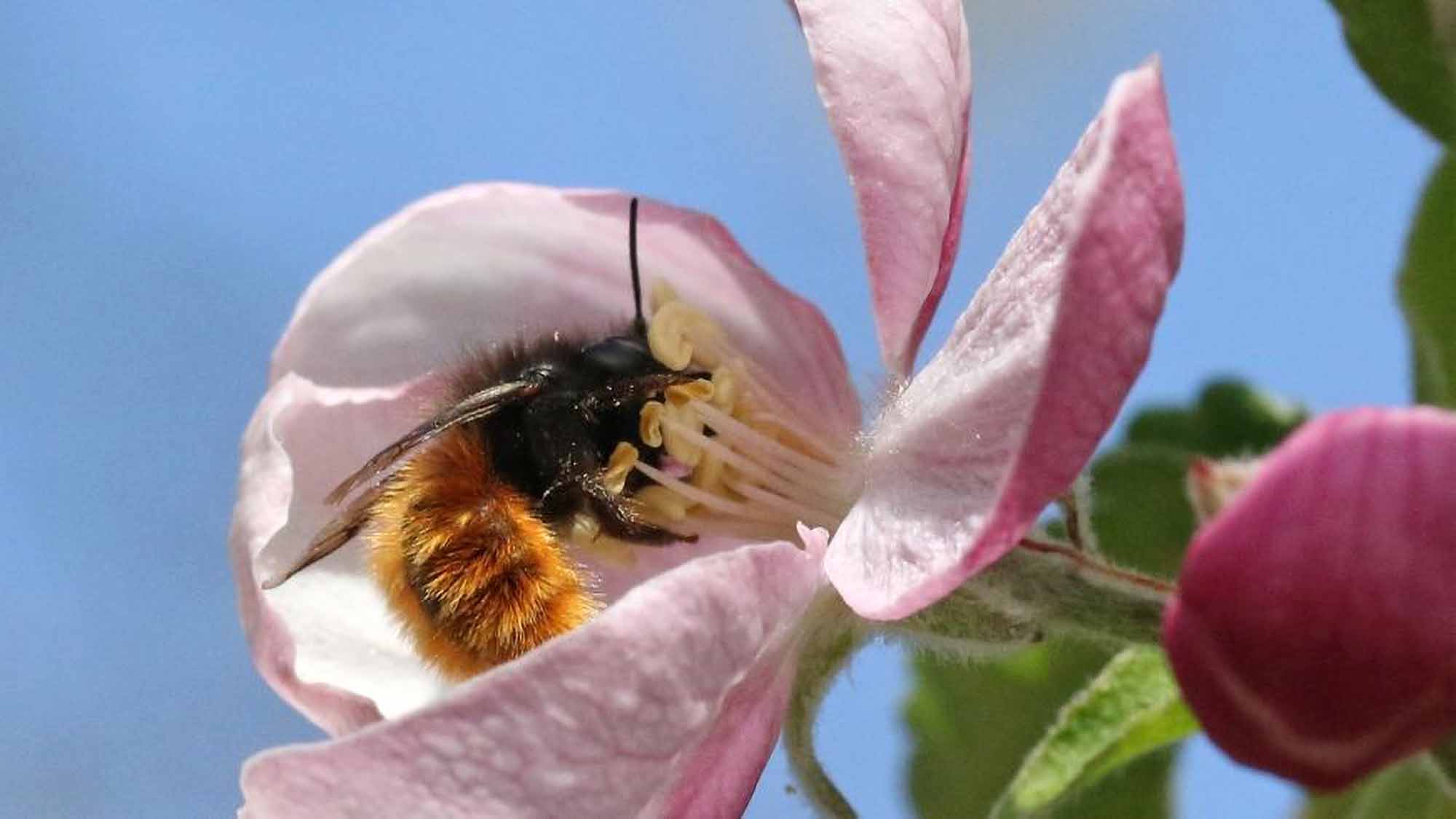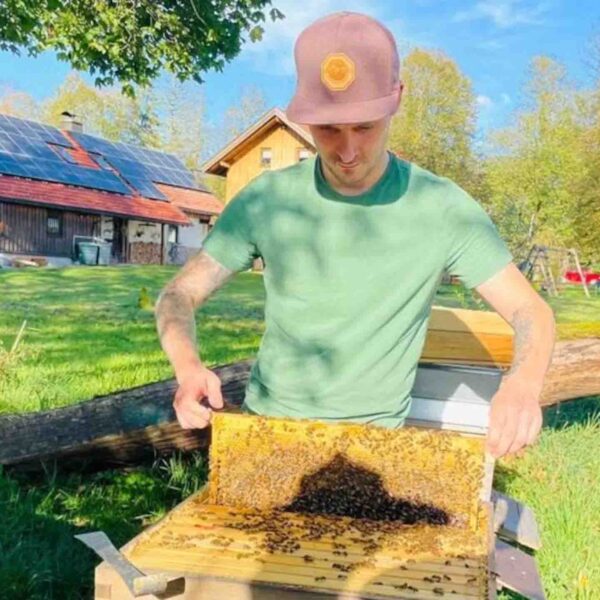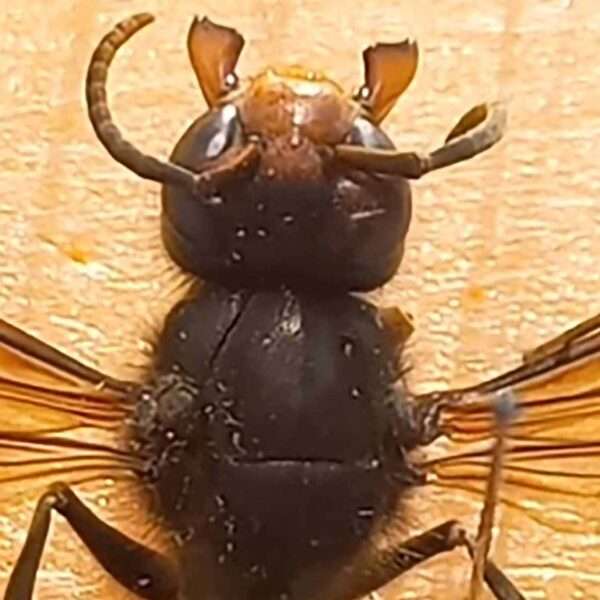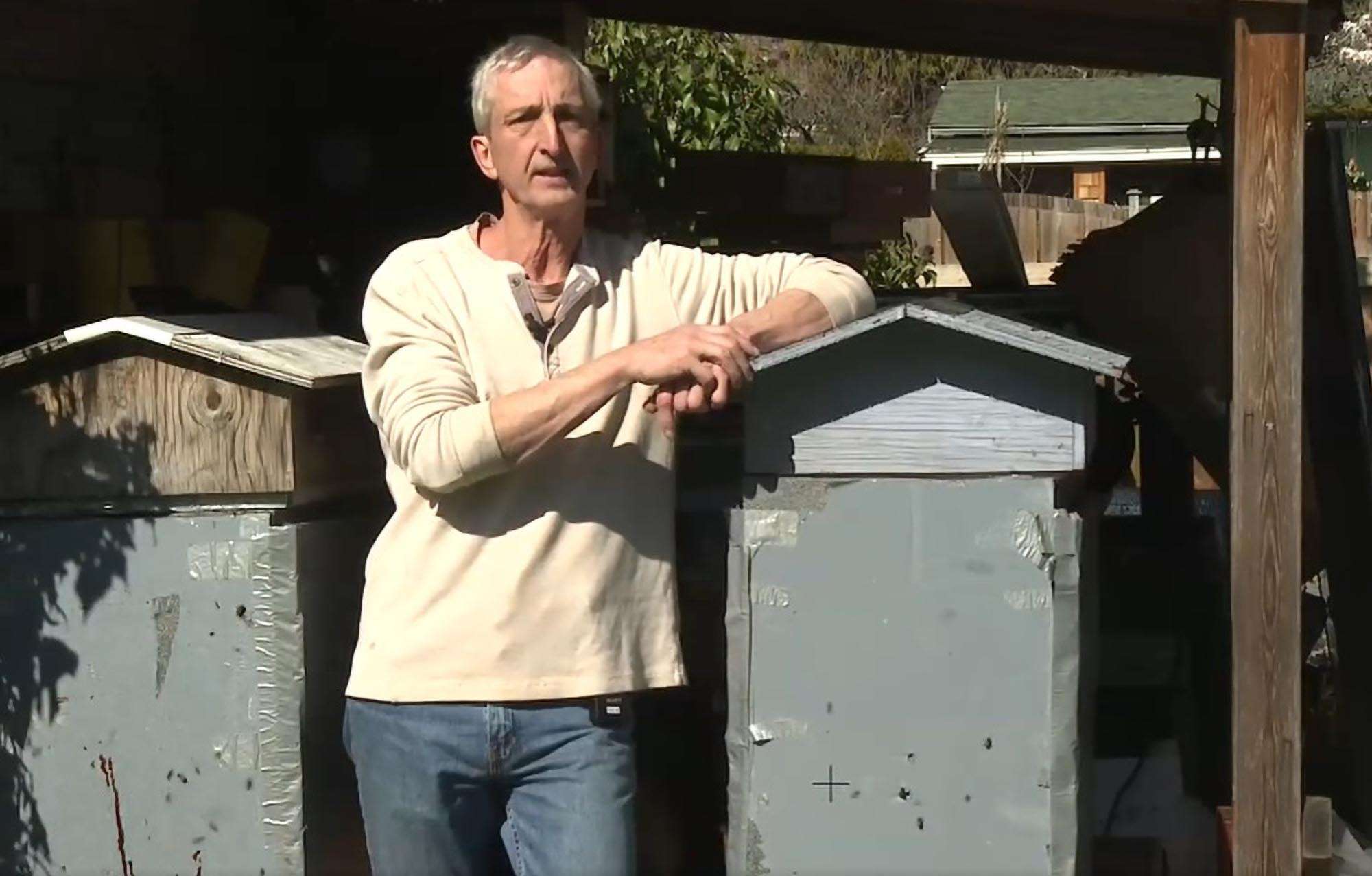Romania’s struggling beekeepers have criticised the country’s government over a lack of support in difficult times.
The Eastern European country – which has around 19 million inhabitants – is one of the biggest producers of honey in the world.
With 2.4 million hives, Romania ranked second in the European Commission’s (EC) 2021 apiculture statistics which were topped by Spain.
But the knock-on effects of the war in neighbouring Ukraine and last summer’s extreme temperatures have slashed the harvest volumes of the country’s apiarists.
Ioan Fetea – who heads the Romanian Association of Beekeepers – said he was pessimistic about a possible u-turn of the federal government regarding subsidies.
Ioan assumes that the Ministry of Agriculture would rather focus on supporting farmers since their conditions were currently even worse.
The beekeeping association president told Radio Free Europe: “We asked for EUR 40 million. If we were to even get 10 per cent of that, it would be four million euros. We would be happy with that. Since June, we’ve had a lot of costs related to feeding the bees special syrups and cakes.”
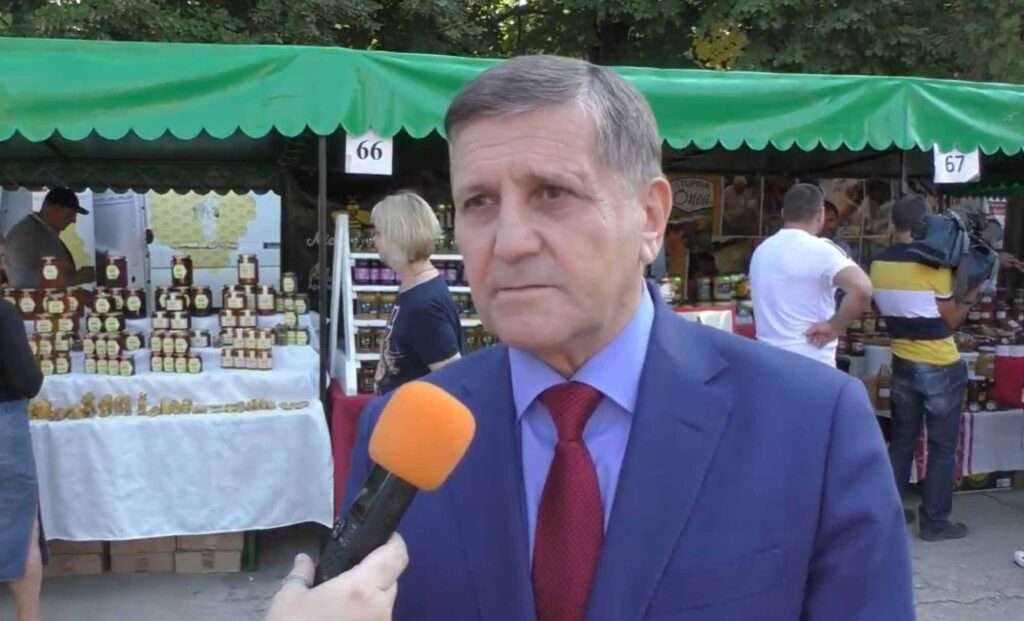
Germany is the most important destination for Romanian honey exports. Overall, 50 per cent of the product harvested by Romanian beekeepers is exported each year.
At the same time, Romania and other European Union member states import substantial amounts of honey from Ukraine, Mexico, Argentina and China, which is the world’s leading provider of the product.
The lack of rainfall during the summer of 2022 caused severe strain on Romania’s rich sunflower fields and other plants which are essential to pollinators.
Speaking to Radio Free Europe, Ioan expressed doubts about whether all jars claiming to consist of nothing but honey originating from Romania actually contain solely honey of this origin.
The federal beekeepers union boss argued that the colour of many products found on supermarket shelves would differ too much from the types of honey made in his home country.
Agricultural businesses in Romania have been criticised for allegedly using loopholes to continue applying a disputed group of pesticides which have – according to numerous studies – devastating effects on the neuronal perception of honeybees.
Farmers in the country have argued that the application of neonicotinoids was the only way to safeguard their crops from potentially devastating insect infestations.
Romania was among the five EU nations that opposed the EC’s planned expansion of neonicotinoids in 2018.
Last September, the EC revealed that Clothianidin and Thiamethoxam would be prohibited by this year.
EC officials emphasised there must not be any traceable residue of the two neonicotinoids in any foodstuff produced within the EU by 2023. However, the regulation also affects imported products and all kinds of animal nutrition.

